US President Donald Trump signed three executive orders yesterday morning (February 2, Vietnam time) imposing a 25% import tax on all goods coming from Mexico and most of Canada. Meanwhile, the tariff on Canadian oil is 10%, and Chinese goods are also subject to a 10% tax when passing through US customs, according to Reuters and AFP.
Declaring a national emergency
With the above action, the new owner of the White House has reversed the free trade agreement that he also signed in his first term, called the United States-Mexico-Canada Agreement (USMCA), which officially took effect from July 1, 2020 and replaced the North American Free Trade Agreement (NAFTA) from the 1990s.
Wall Street is worried that Mr. Trump will start a trade war, what do experts say?
To bypass the USMCA, Mr. Trump in an executive order declared a national economic emergency, activating the International Emergency Economic Powers Act (IEEPA), according to CNN. This is a law that gives the US president unilateral authority to manage import activities in the event of a national emergency. The import tariffs will officially take effect at 0:00 on February 4 (Washington time) with no exemptions, and will also eliminate the "tariff threshold" that previously allowed shipments worth $800 or less to enter the US duty-free.
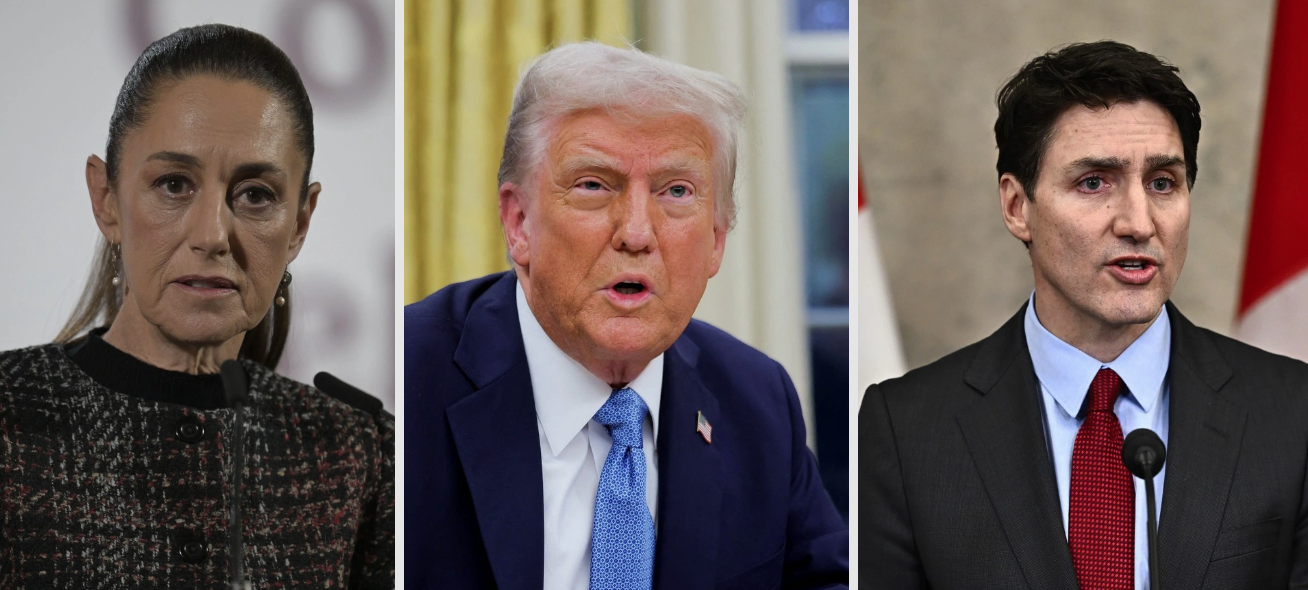
From left: Mexican President Claudia Sheinbaum, US President Donald Trump, Canadian Prime Minister Justin Trudeau
PHOTO: REUTERS - AFP - AP
The tariffs that the US has imposed on three major trading partners are expected to increase the prices of goods and services in the domestic market. AP quoted Mr. Trump as acknowledging this risk. However, the US President assured that the US economy will be stronger after the new tax rate is implemented.
In addition, although US authorities say the tariff tool is designed to prevent fentanyl and illegal immigration into the US, the Trump administration has not yet provided any specific criteria for lifting the import tariffs.
Canada, Mexico, China respond
In a conference call with reporters on Feb. 1, a Washington administration official warned that any retaliation from Canada, Mexico or China could result in increased tariffs on those countries. Despite the warning, hours after receiving information from Washington, Canadian Prime Minister Justin Trudeau announced sweeping tariffs covering everyday items on $155 billion worth of U.S. goods.
To start, Canada will impose a 25% tariff on $30 billion worth of imports from the U.S. on February 4, and then tax the remaining $125 billion after 21 days to allow Canadian companies and supply chains to find alternatives. According to Mr. Trudeau, the items on the list of tariffs include beer and wine, manufactured goods, clothing, footwear, appliances, furniture, materials such as wood and more. Mr. Trudeau also called on Canadians to switch to consuming domestic goods and services, reducing their dependence on American goods and services.
At the same time, Mexican President Claudia Sheinbaum also announced that the country would impose retaliatory tariffs. "I have instructed the Minister of Economy to implement Plan B, which includes tariff and non-tariff measures to protect Mexico's interests," AFP quoted Ms. Sheinbaum as saying. It is still unclear what measures Mexico may take.
In addition, China's Ministry of Commerce said the US action "seriously violated" World Trade Organization (WTO) regulations. "China will file a complaint with the WTO and will take corresponding countermeasures to resolutely protect its rights," Xinhua news agency quoted the Ministry of Commerce as saying, but it was not clear what measures Beijing would take.
US allies are concerned
Yesterday, Fuji TV quoted Japanese Finance Minister Katsunobu Kato expressing "deep concern" about the possible impact on global trade activities from the trade war between the US and its largest trading partners Canada, Mexico, and China.
According to Yonhap, South Korea's acting President Choi Sang-mok on the same day instructed government agencies to closely monitor any impact on domestic companies and the Korean economy following the US move. In addition, the US Chamber of Commerce predicted that the US's tariffs on its largest trading partners would push up consumer prices in the US. A new report by the Peterson Institute for International Economics (headquartered in Washington, USA) warned that President Donald Trump's tariff strategy could force Americans to pay more when shopping, whether for shoes, toys or food.
Source: https://thanhnien.vn/mo-man-thuong-chien-giua-my-va-nhieu-nuoc-185250202213802327.htm


![[Photo] President Luong Cuong receives Ethiopian Prime Minister Abiy Ahmed Ali](https://vstatic.vietnam.vn/vietnam/resource/IMAGE/2025/4/16/504685cac833417284c88a786739119c)

![[Photo] North-South Expressway construction component project, Bung - Van Ninh section before opening day](https://vstatic.vietnam.vn/vietnam/resource/IMAGE/2025/4/17/ad7c27119f3445cd8dce5907647419d1)
![[Photo] Many practical activities of the 9th Vietnam-China border defense friendship exchange](https://vstatic.vietnam.vn/vietnam/resource/IMAGE/2025/4/16/3016ed3ef51049219574230056ddb741)

![[Photo] Opening of the 4th Summit of the Partnership for Green Growth and the Global Goals](https://vstatic.vietnam.vn/vietnam/resource/IMAGE/2025/4/16/488550ff07ce4cd9b68a2a9572a6e035)
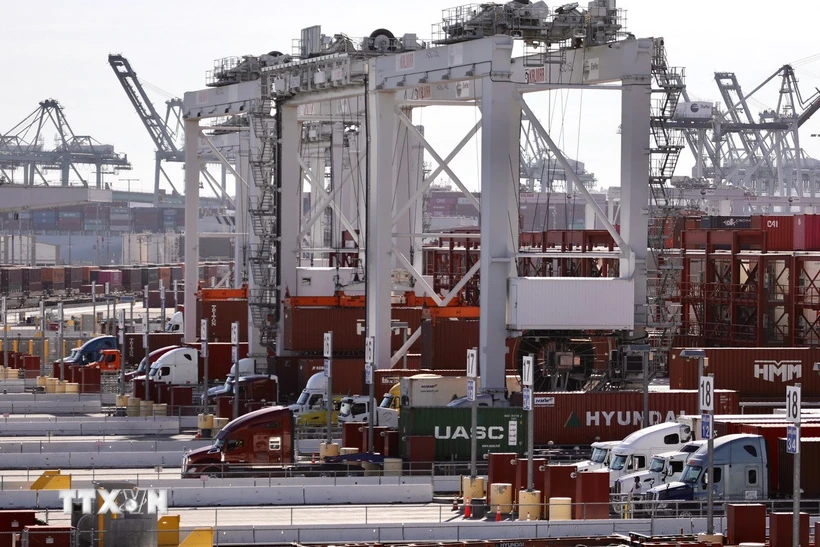

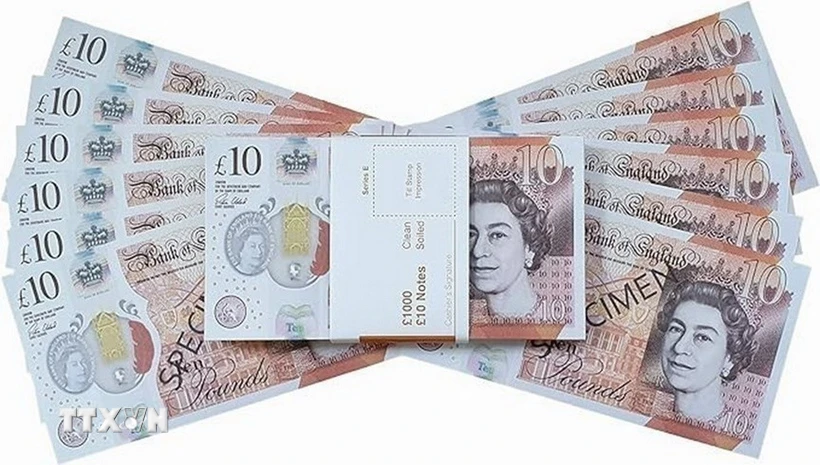


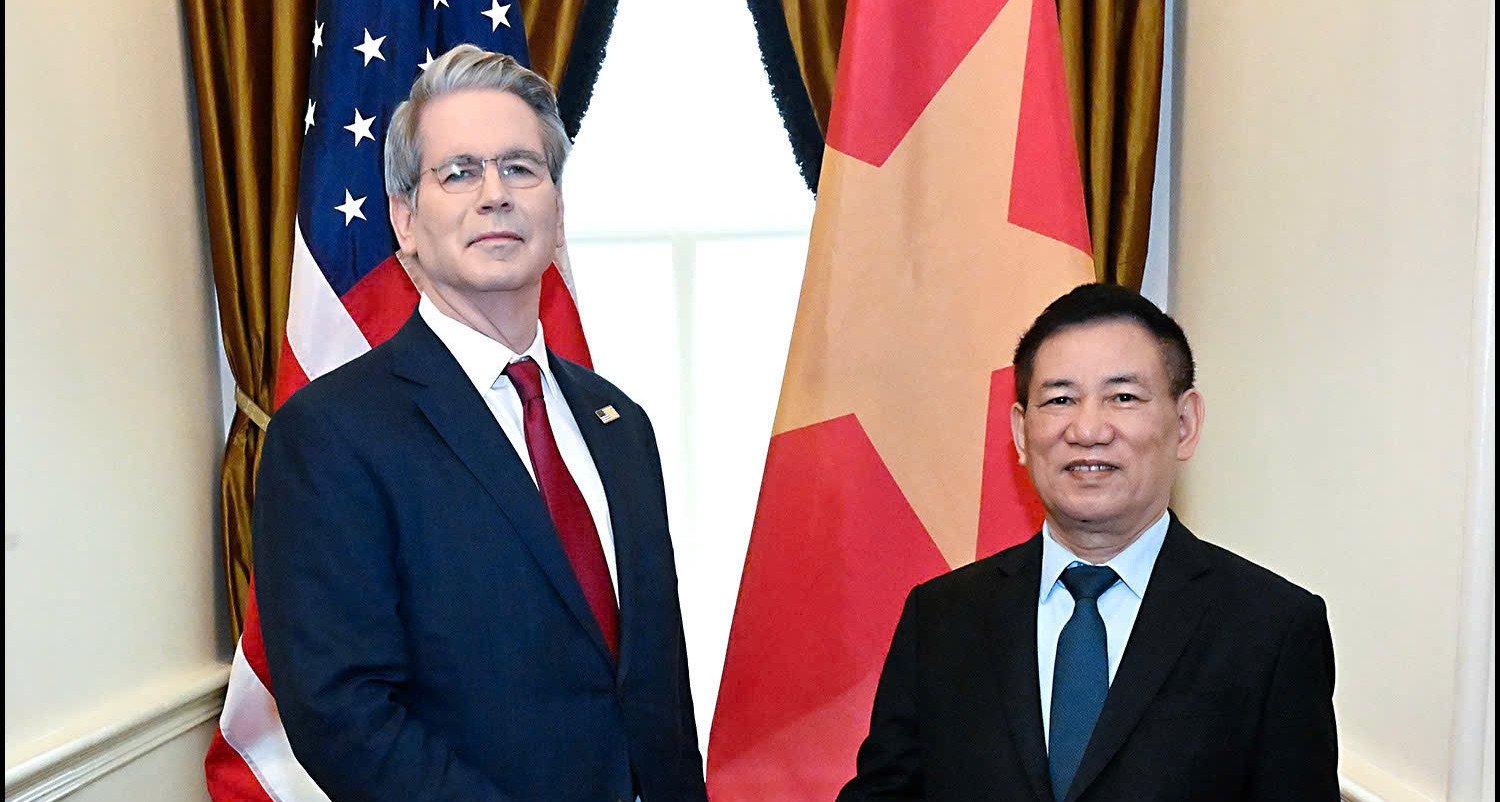



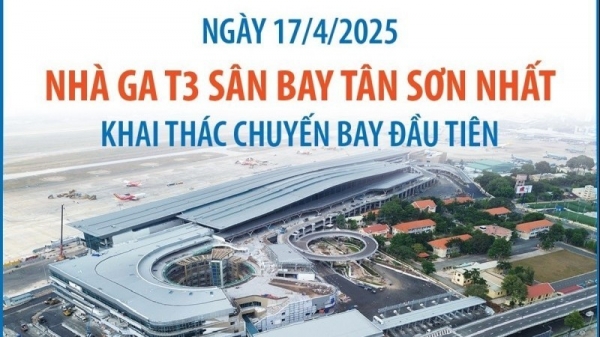
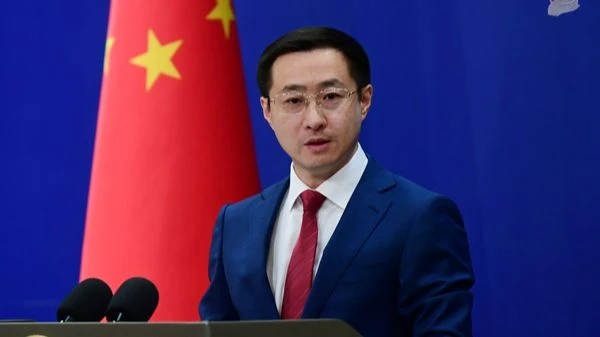
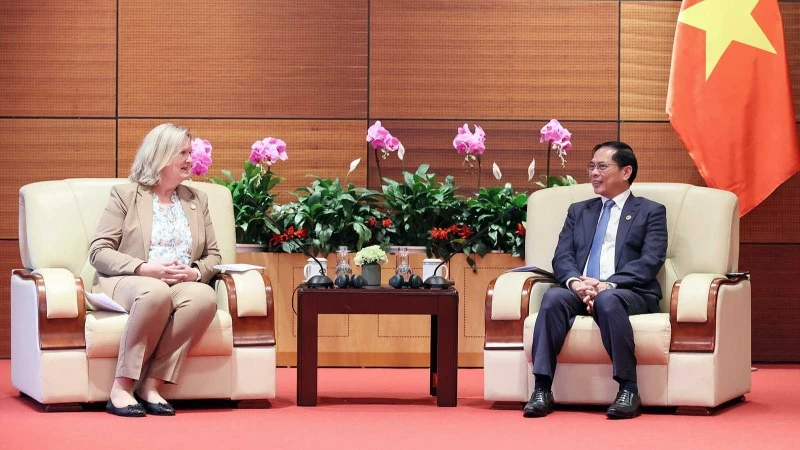

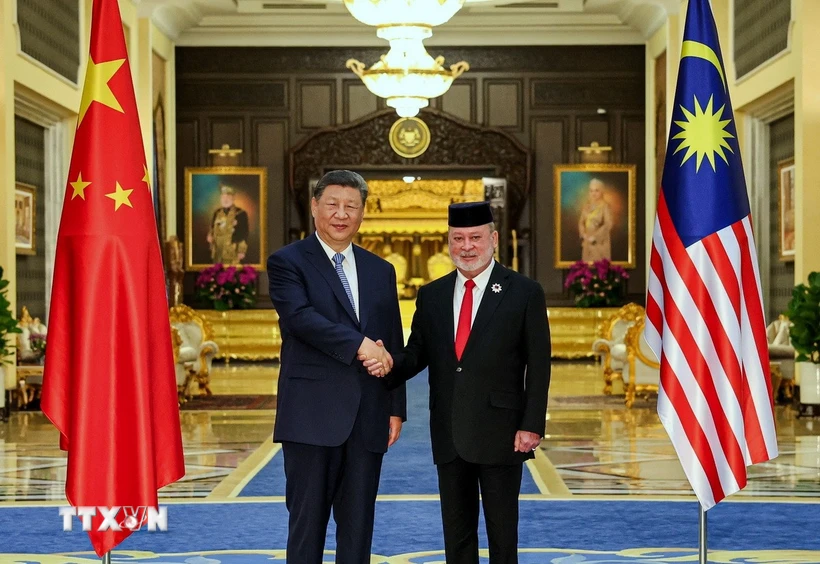
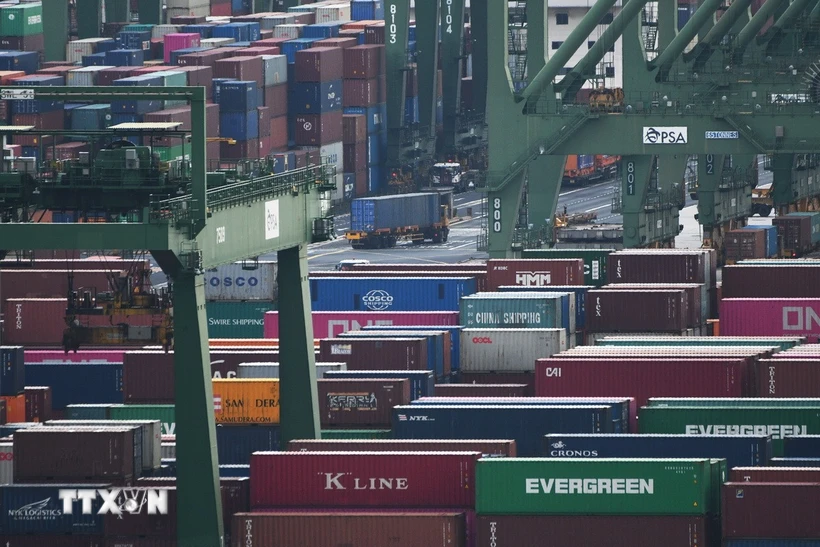







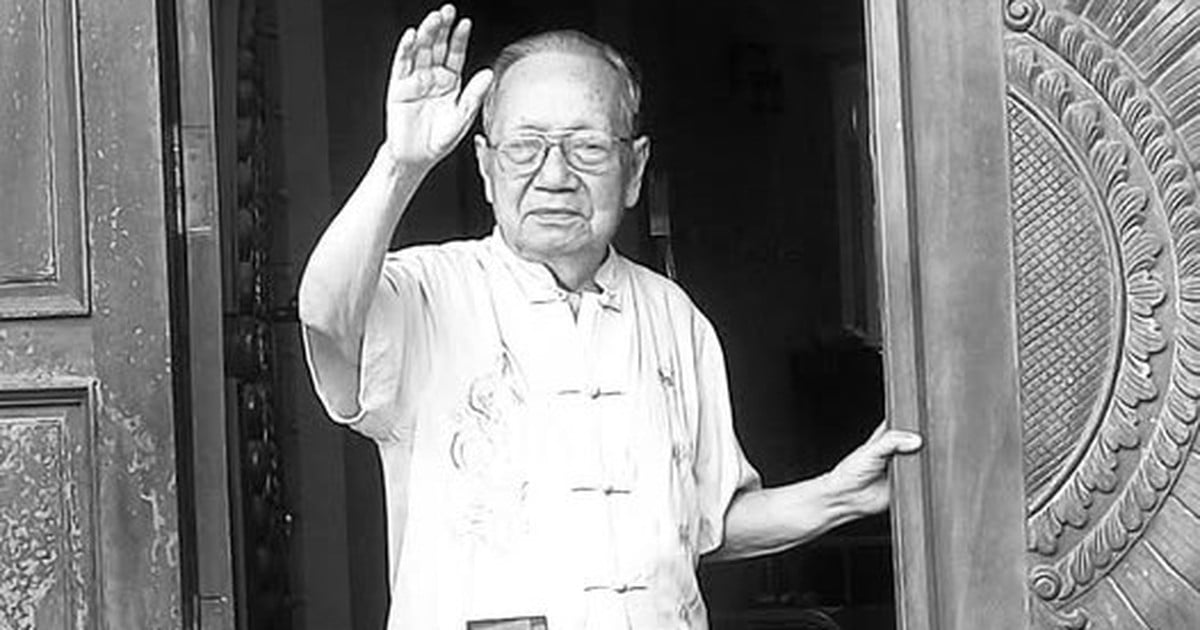


![[Photo] National Assembly Chairman Tran Thanh Man meets with Ethiopian Prime Minister Abiy Ahmed Ali](https://vstatic.vietnam.vn/vietnam/resource/IMAGE/2025/4/16/c196dbc1755d46e4ae7b506c5c15be55)














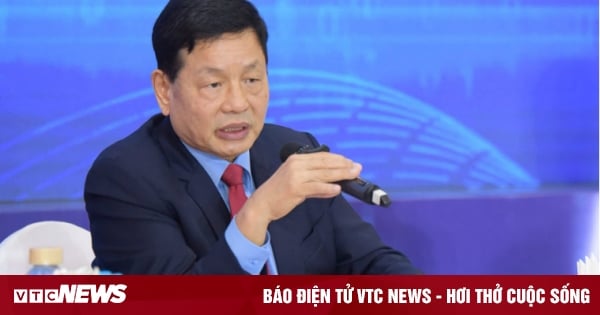






![[Video] Viettel officially puts into operation the largest submarine optical cable line in Vietnam](https://vstatic.vietnam.vn/vietnam/resource/IMAGE/2025/4/17/f19008c6010c4a538cc422cb791ca0a1)
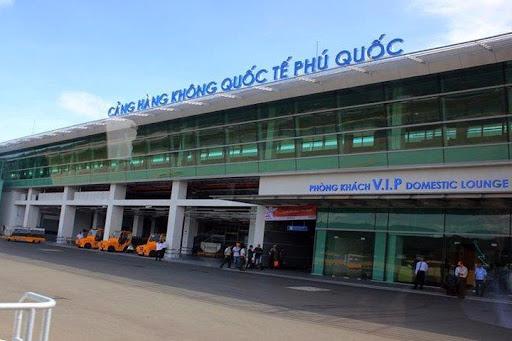



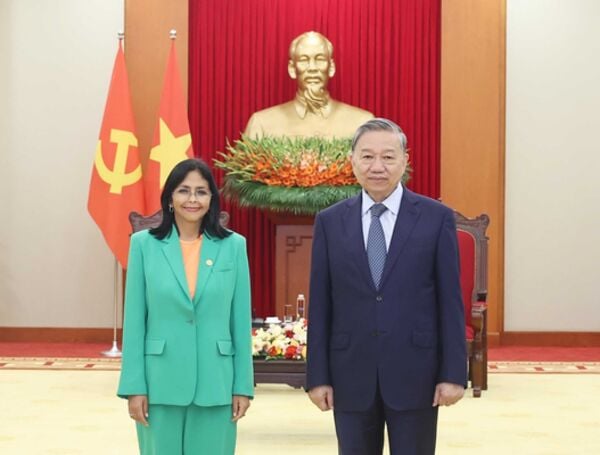
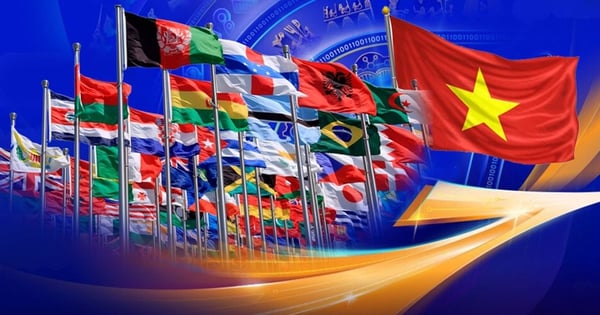
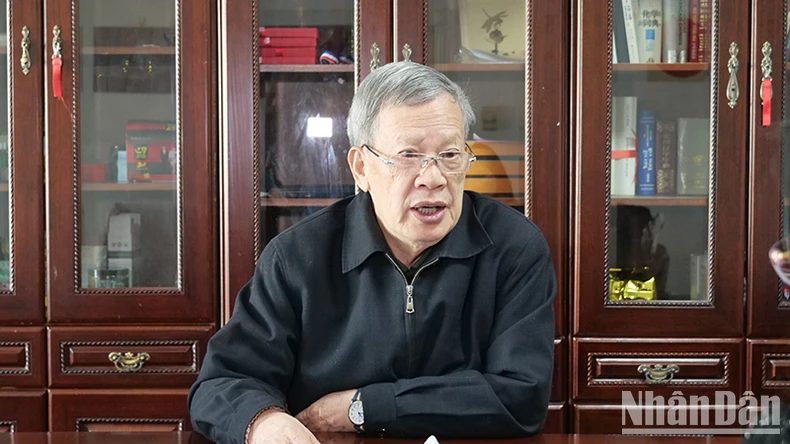


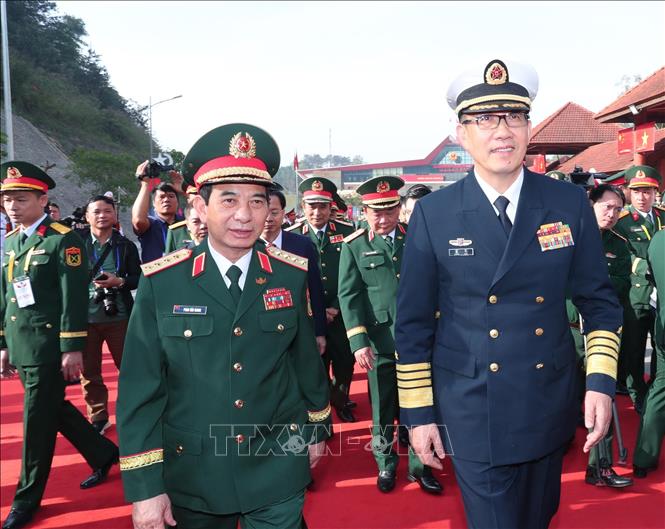


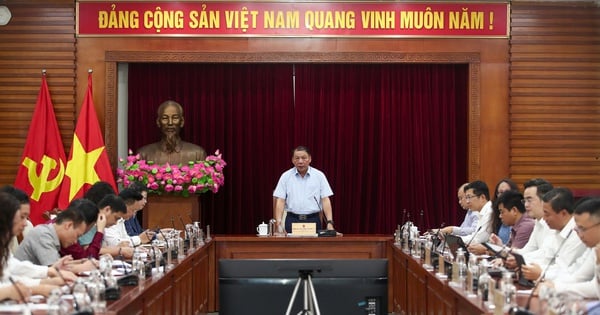


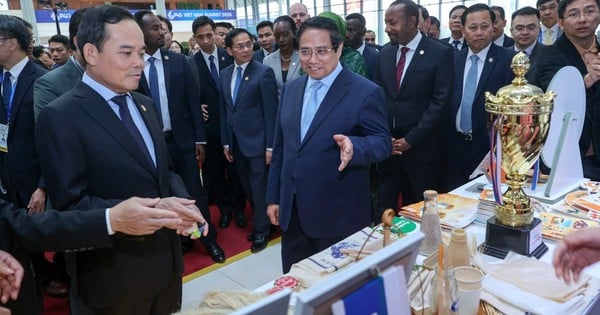

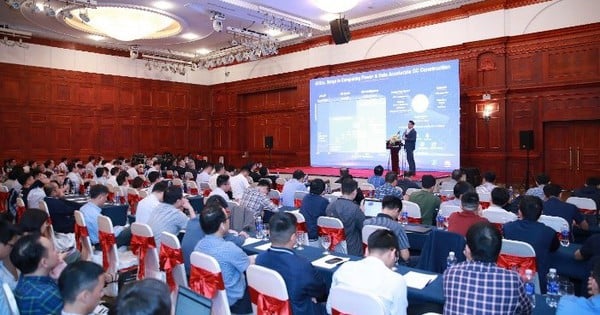


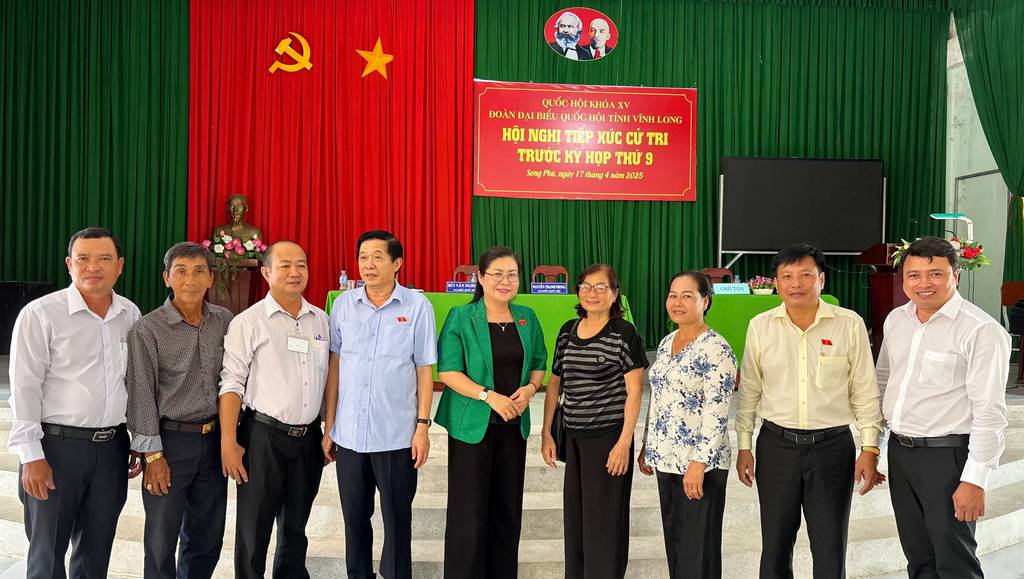
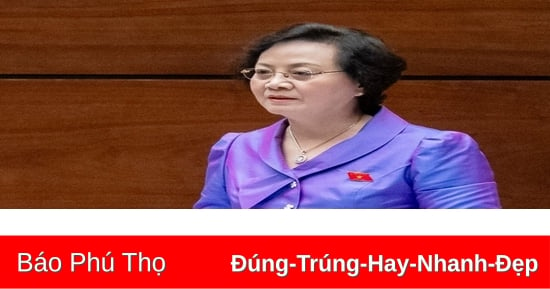




















Comment (0)